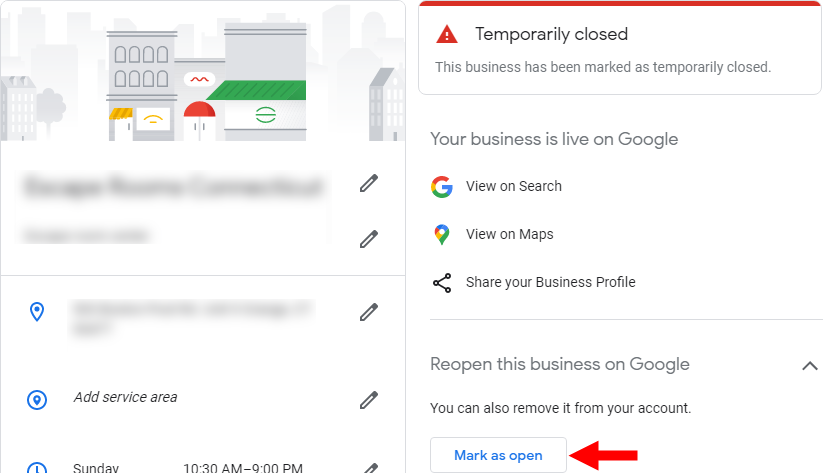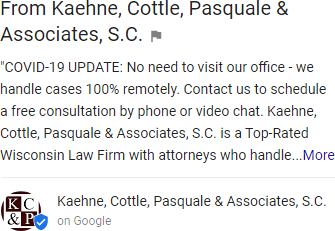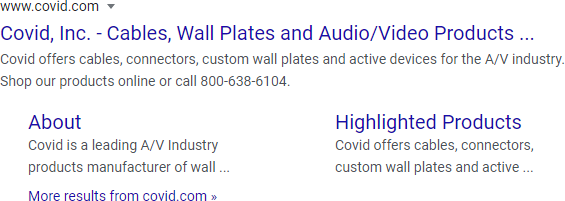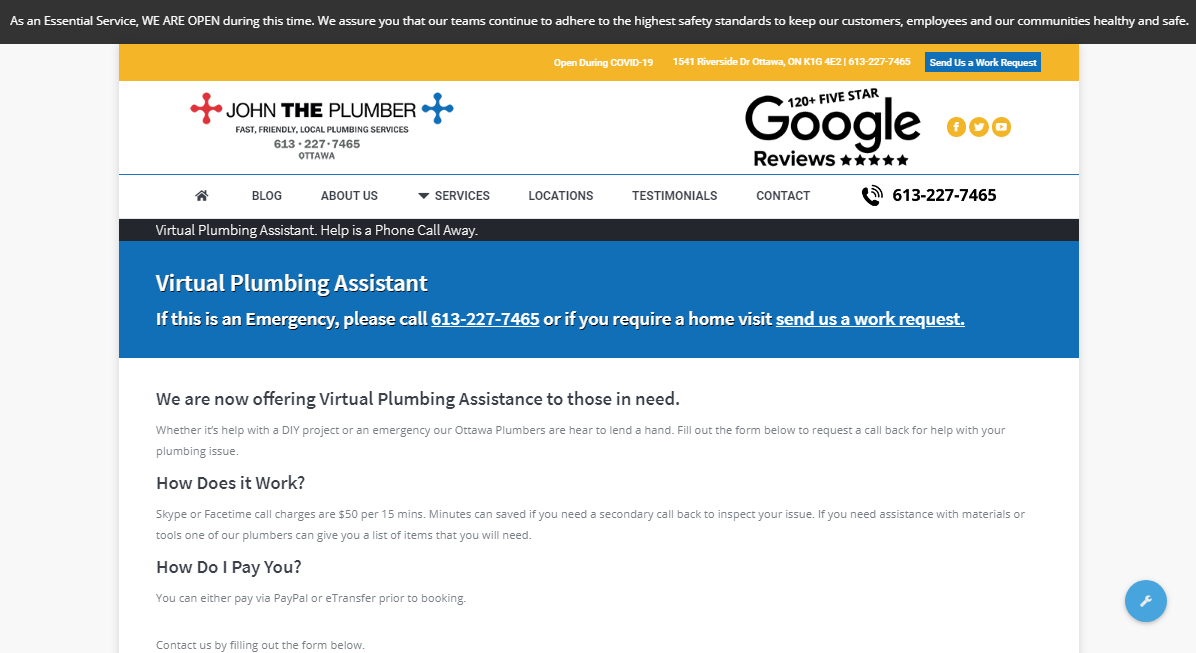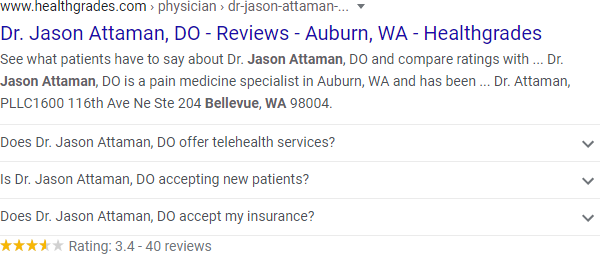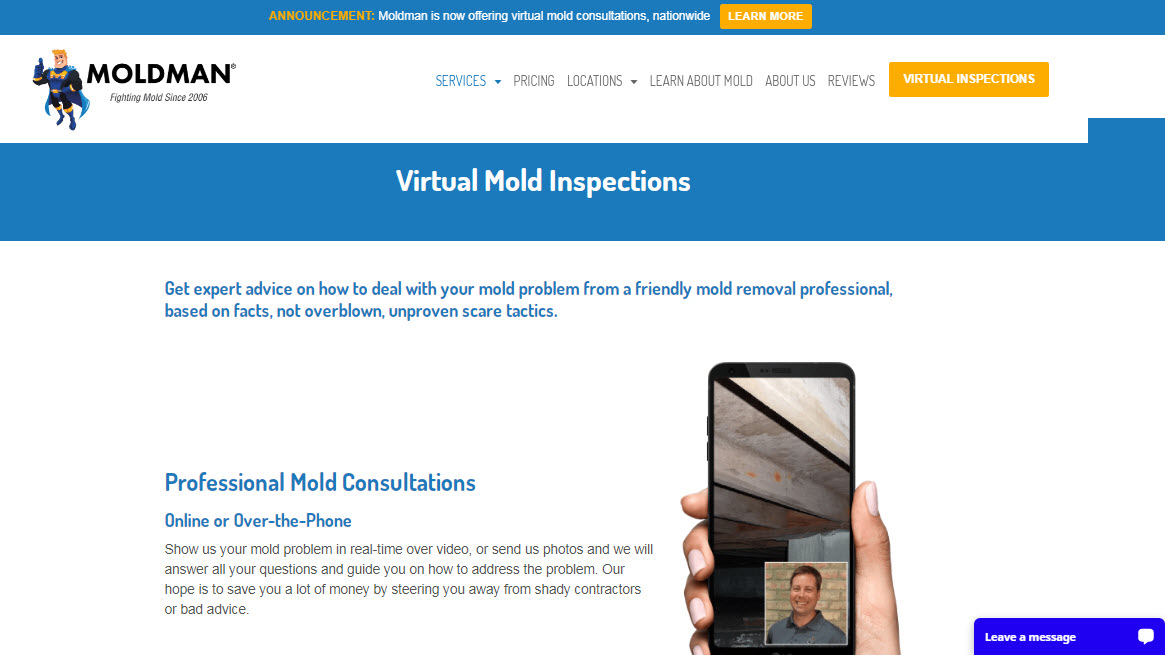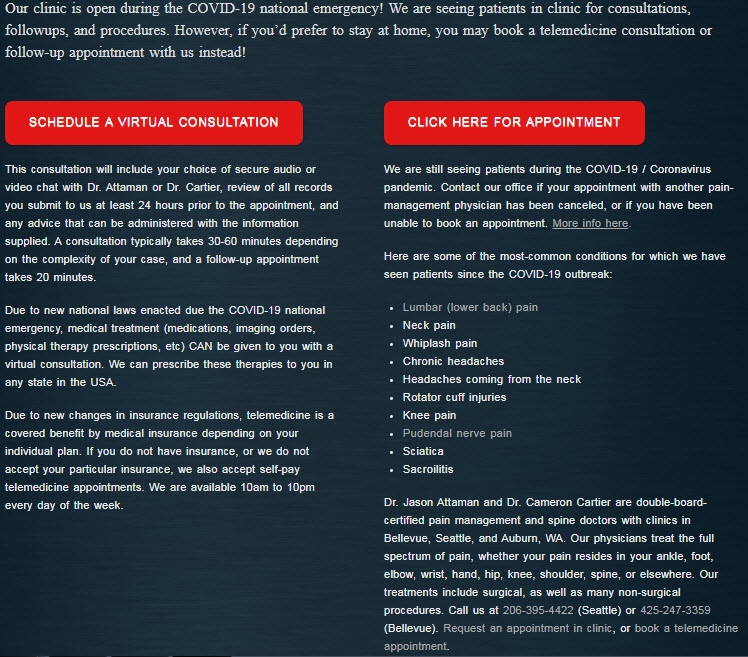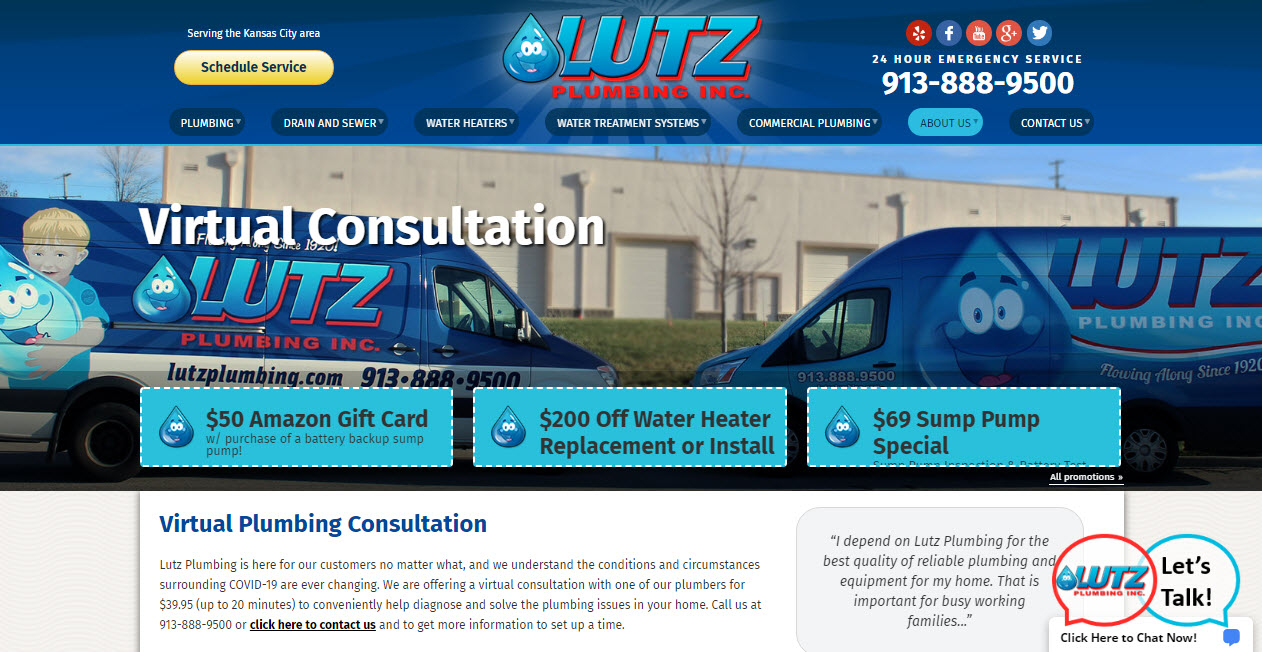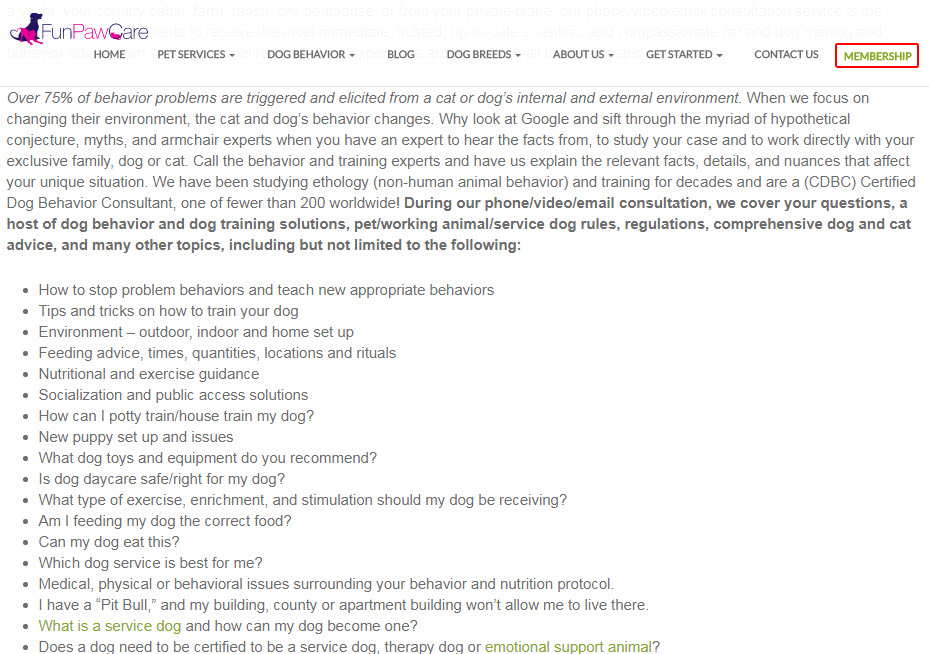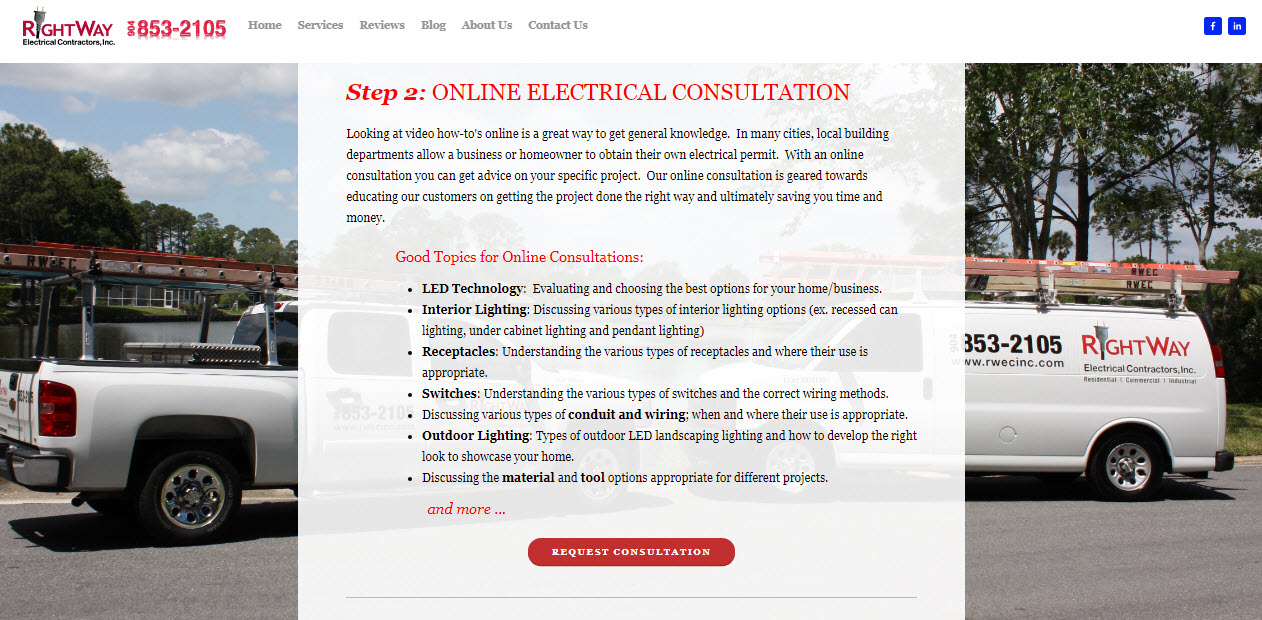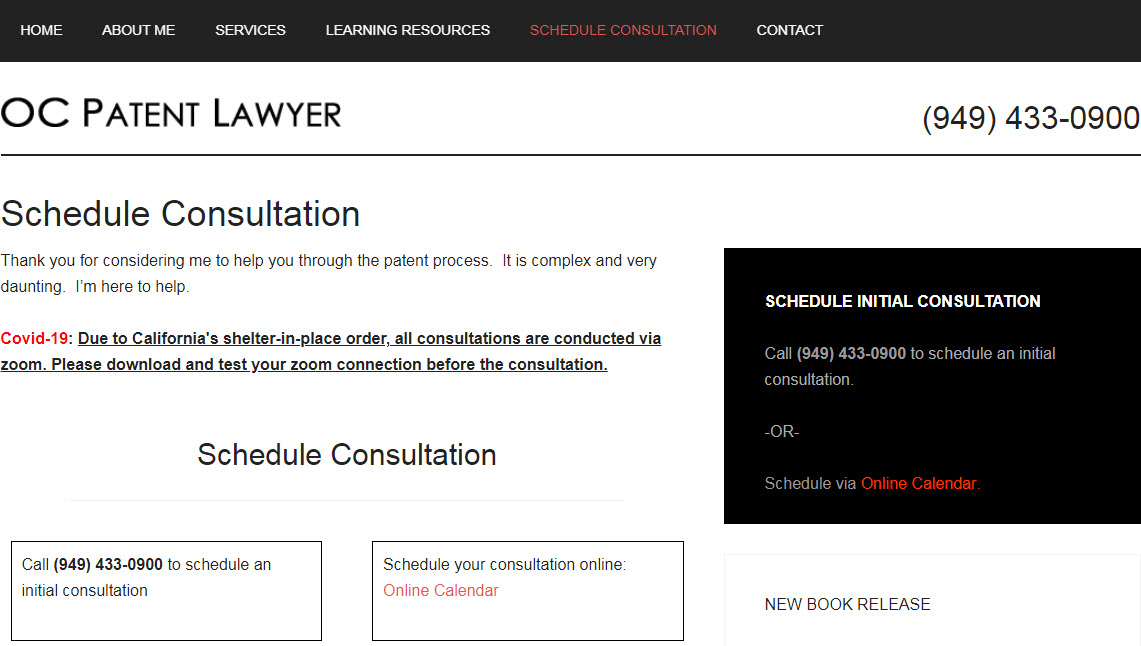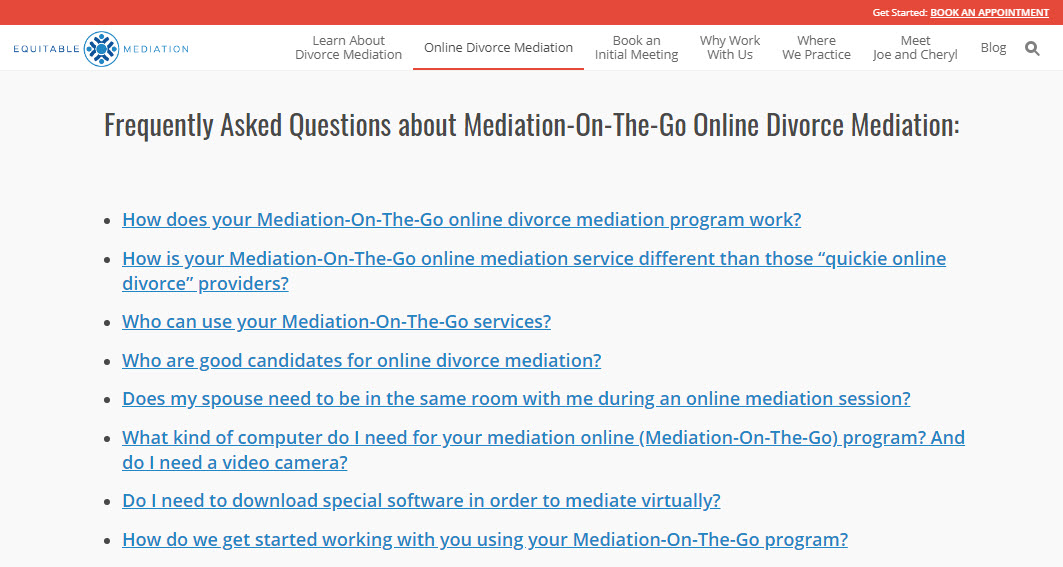If you’re part of a small and locally owned business that’s been looted or trashed by rioters in recent days – or if you know someone in that situation – I’m glad to provide some pro bono marketing / SEO help. All you’d need to do is contact me, though you’ll probably want to read the rest of this post for context.
Many problems marketing just can’t solve, of course. But I can think of at least a few situations in which a little well-executed local SEO or other online marketing helps your business get by for at least a while longer. For example:
- Your store or office is boarded-up or not staffed, so you need to offer a mobile, home-based, or online/virtual service.
- Your store is destroyed, but you can sell some of your products online and ship them.
- You’re fully operational, but nobody’s coming to your doors due to some combination of riots, police, the COVID lockdown, or nearby peaceful protests.
No business should be looted or trashed, and larger outfits often serve a purpose in minority communities. But any medium-sized chain (or larger) business is less likely to have been seriously hurt by the rioting. Larger organizations are not my clients, and that’s always been true of my pro bono work, too.
That’s why my offer is geared more toward family businesses and the like. I’m thinking particularly of (a) single-location or other very “local” businesses that are (b) owned and operated by People of Color who (c) also live in the affected community or nearby. But there is a know-it-when-I-see it factor here. In any case, I’ll ask you for basic info about you and your situation.
Peaceful protests are important and noble. Violent rioters’ hostage-taking is selfish and evil. Looting and destroying makes economic hardships even harder, and that ultimately means hungry kids, not just broken or missing “replaceable stuff.” Anyway, if your livelihood and family’s future have suddenly become collateral damage, I’d like to do what I can to help.
Again, I am not saying online marketing can solve every problem or even can come close. But let’s at least make it one small-to-medium factor working in your favor. You can contact me (or pass this along) and let’s discuss what we can do pro bono.
Two quick notes:
1. My universal caveat: my time is pretty limited. Time is a limiting factor in my longstanding Visibility for Veterans program, in my offer to certain businesses early in the COVID pandemic, and in my work for my many clients.
2. If you’re an SEO or other marketer and you also would like to offer some pro bono help, please let me know. It would be great to have a few skillsets besides mine, because every business owner’s needs are a little different, especially now. (Maybe we can even get a Google Drive doc of pros who offer this or that, in this amount or that, and affected business owners can just contact whomever seems like the best fit.)
Even if you don’t have a need for pro bono local-marketing help, if you’re a business owner in a situation like the one I described, I’m still interested to hear how things are. Do send “just a howdy” if you feel like it.
Stay frosty.


